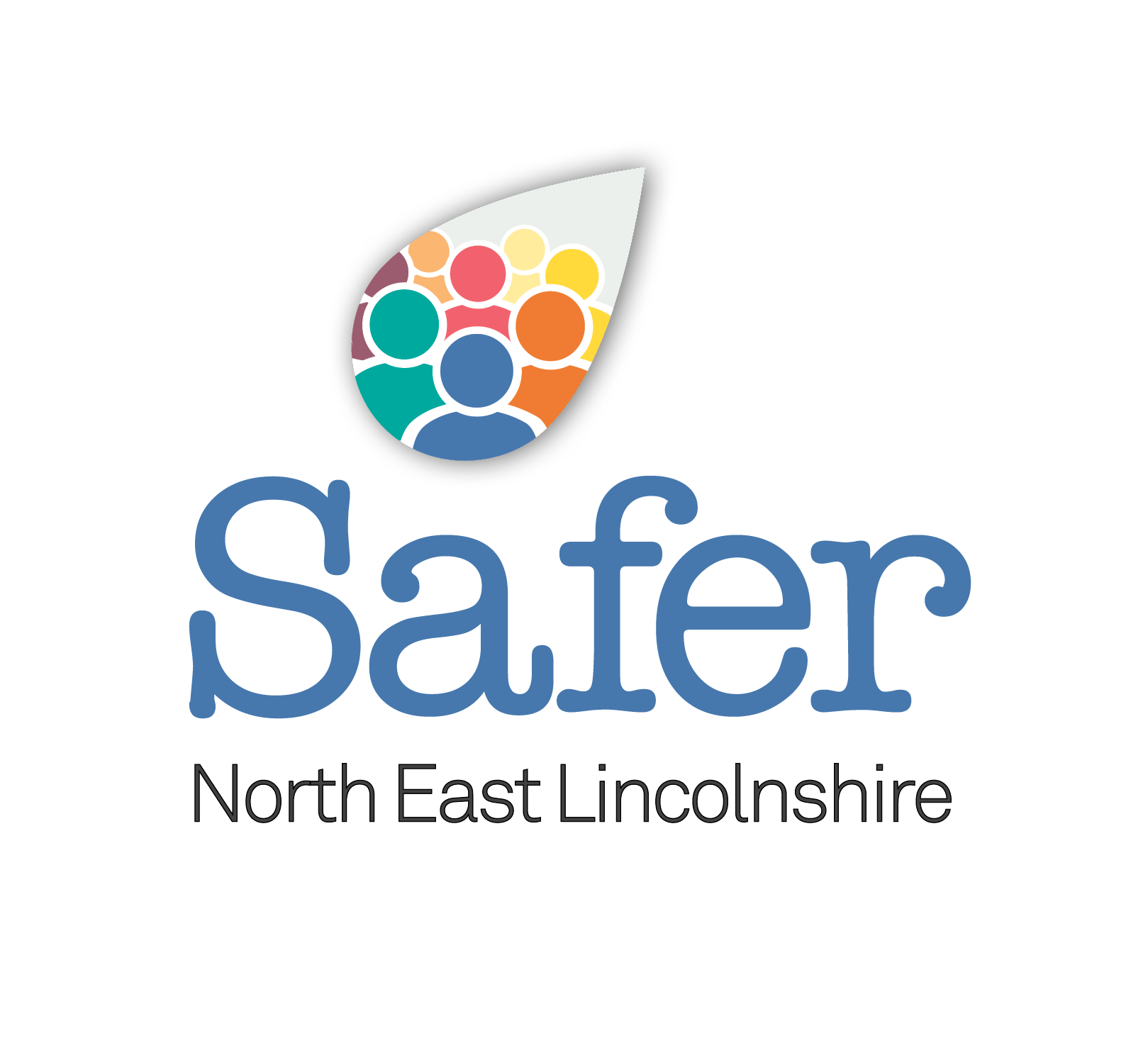Online radicalisation
The internet is part of our daily lives so it’s increasingly important that we all know what to look out for when online. For us and our family members.
UK adults spend up to a quarter of their waking hours online and 18-24 year olds spending the most time at just over 5 hours a day.
The online world has created many opportunities and opened up a world of possibilities but it’s also given extremists the means to target, connect and exploit those who are vulnerable.
Exposure to extremist content and groups online can lead someone down a dangerous path.
Anyone can be at risk of being radicalised regardless of their age, but teenagers and young people can sometimes be at a greater risk. This is because they see new things differently, might be entering a new phase in their lives, or they might be struggling with a sense of identity, how they fit in or belonging.
Extremists know how to capitalise on feelings of insecurity and convince the person they can help by providing a solution. Young people can meet people online who hold strong or extremist views through social media or online gaming platforms
If you’re concerned that your child is being exposed to extremist influences, talking to them can seem worrying but it’s important to understand what they are viewing and accessing and who they are friends with online.
Ensure you have set up parental controls on any device your child uses to access the internet. This ensures they access age appropriate content.
Young people don’t always think of people they meet online through gaming as strangers, they are just online friends. Discuss online safety with them and reiterate the importance of privacy.
You can report images or videos that promote terrorism or encourage violence or websites containing disturbing images
Related websites
Internet Matters – Radicalisation
Safer Internet – Parental controls
Act Early – Staying safe online
Educate Against Hate – Online radicalisation
Educate Against Hate – Parents protecting children
Educate Against Hate – Parents
Related documents
Prevent online training resources (PDF, 478KB)
LTAI Spot the Signs (PDF, 612KB)
LTAI Prevent Pocket Guide (PDF, 2MB)
